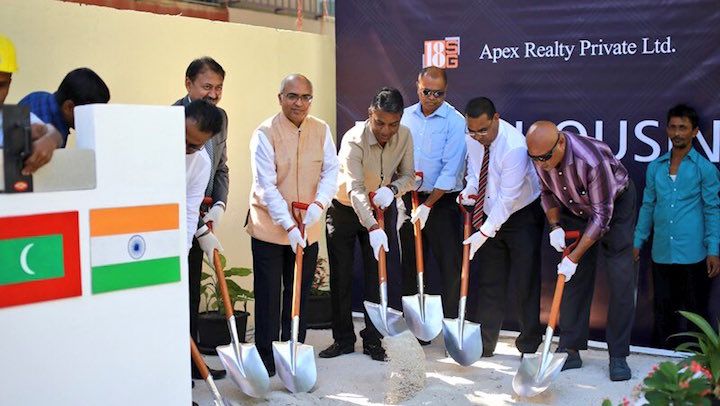Investor’s woes in the Maldives
A history of abruptly terminating contracts with foreign companies does not bode well for the foreign investment climate in the Maldives, writes a Maldives Independent reader.

26 Apr 2017, 09:00
Sustained growth is the stated objective for economic activity in the Maldives. For the economy of the Maldives to grow at around 5-6percent, it will strongly depend on several factors. While tourism and related industries are the mainstay of the economy, these need diversifications to protect them from global slowdowns. Other factors include the country’s small and highly undiversified economy, and the very high twin deficits it struggles with in its fiscal and current accounts.
While there is a need to improve the business environment to bring in foreign investments, reforms at best have had uneven outcomes and have led to tougher choices for investors. They are deterred by the country’s ambiguous foreign investment norms. The lack of supportive policies in a difficult political situation have impeded the growth of the private sector in the country.
And, worst of all, foreign companies run the risk of having their contracts terminated with little time in hand to make amends or adjustments to the changed circumstances. These do not bode well for the foreign investment climate in the country.
Declining foreign investments
Become a member
Get full access to our archive and personalise your experience.
Already a member?
Discussion
No comments yet. Be the first to share your thoughts!
No comments yet. Be the first to join the conversation!
Join the Conversation
Sign in to share your thoughts under an alias and take part in the discussion. Independent journalism thrives on open, respectful debate — your voice matters.




